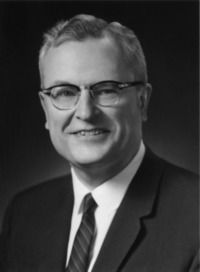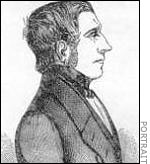Judges Take the Stand
 Chad Oldfather has a new paper on SSRN reviewing William Domnarski’s book Federal Judges Revealed. Not exactly the lurid exposé suggested by the title, Domnarski’s book synthesizes the insights he gained from reviewing more than 100 oral histories given by federal judges to different interviewers over a period of many years. As Chad notes, oral histories have the potential to add much to our understanding of the judiciary, for judges are generally less guarded about their personal views and experiences in these interviews than in their written opinions. On the other hand, as a drawback to oral history, Chad notes that there is no clearly established, rigorous methodology for taking an oral history. That may be one reason that Domnarski’s book apparently lacks any really surprising insights into the federal judiciary.
Chad Oldfather has a new paper on SSRN reviewing William Domnarski’s book Federal Judges Revealed. Not exactly the lurid exposé suggested by the title, Domnarski’s book synthesizes the insights he gained from reviewing more than 100 oral histories given by federal judges to different interviewers over a period of many years. As Chad notes, oral histories have the potential to add much to our understanding of the judiciary, for judges are generally less guarded about their personal views and experiences in these interviews than in their written opinions. On the other hand, as a drawback to oral history, Chad notes that there is no clearly established, rigorous methodology for taking an oral history. That may be one reason that Domnarski’s book apparently lacks any really surprising insights into the federal judiciary.
As one of the more interesting aspects of the book, Chad highlights Domnarski’s treatment of the role of judicial clerks: “Federal Judges Revealed provides valuable testimony from judges regarding how they use their clerks, and how much they depend on them.” For instance, one judge says, “[M]any of [my clerks] have an ability to grasp technical details and relationships that entirely escape me. Let’s face it; I try to get clerks who are significantly brighter than I am.” Some may find such statements about the importance of clerks a bit troubling — one might question who is really in charge, the presidentially appointed judge or the fresh-out-of-law-school clerk.


